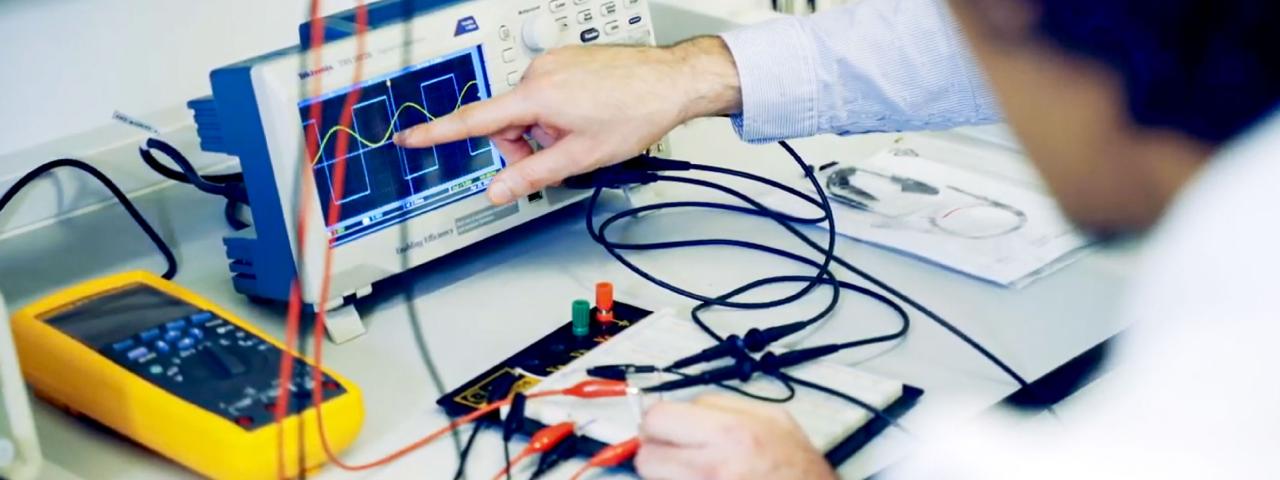
Research is a marathon. At NYU Shanghai, undergraduate students gain first-hand experience in the research process, as faculty members actively welcome them into their labs and support them throughout their academic journey.
This year has been especially fruitful for undergraduate research. Next week in Suzhou, several NYU Shanghai undergraduates will present their papers as first or co-first authors at Empirical Methods in Natural Language Processing (EMNLP), one of the premier international conferences in natural language processing (NLP).
Undergraduate students from the Computer Science, Data Science, and Engineering (CSDSE) department have published more than ten papers this year. CSDSE Interim Dean Nasir Memon remarked, “The breadth and depth of undergraduate research at NYU Shanghai are truly exceptional across the entire NYU global network.”
Yet at NYU Shanghai, achievement is not measured by publications alone, but by the patience, curiosity, and resilience developed along the way. Behind every paper lies a unique journey of doubt and discovery, challenge and growth.
The Long Road of Research
NYU Shanghai undergraduates are eager to dip themselves in research, even when they have little prior experience. When Xie Linxi ’26 joined Assistant Professor of Computer Science Wen Hongyi’s research group as a sophomore, she “just wanted to give it a try.” Starting with small tasks such as assisting PhD students and participating in group meetings, she gradually took on greater responsibilities. By her junior year, she had co-authored one paper and started to lead on another project by herself.
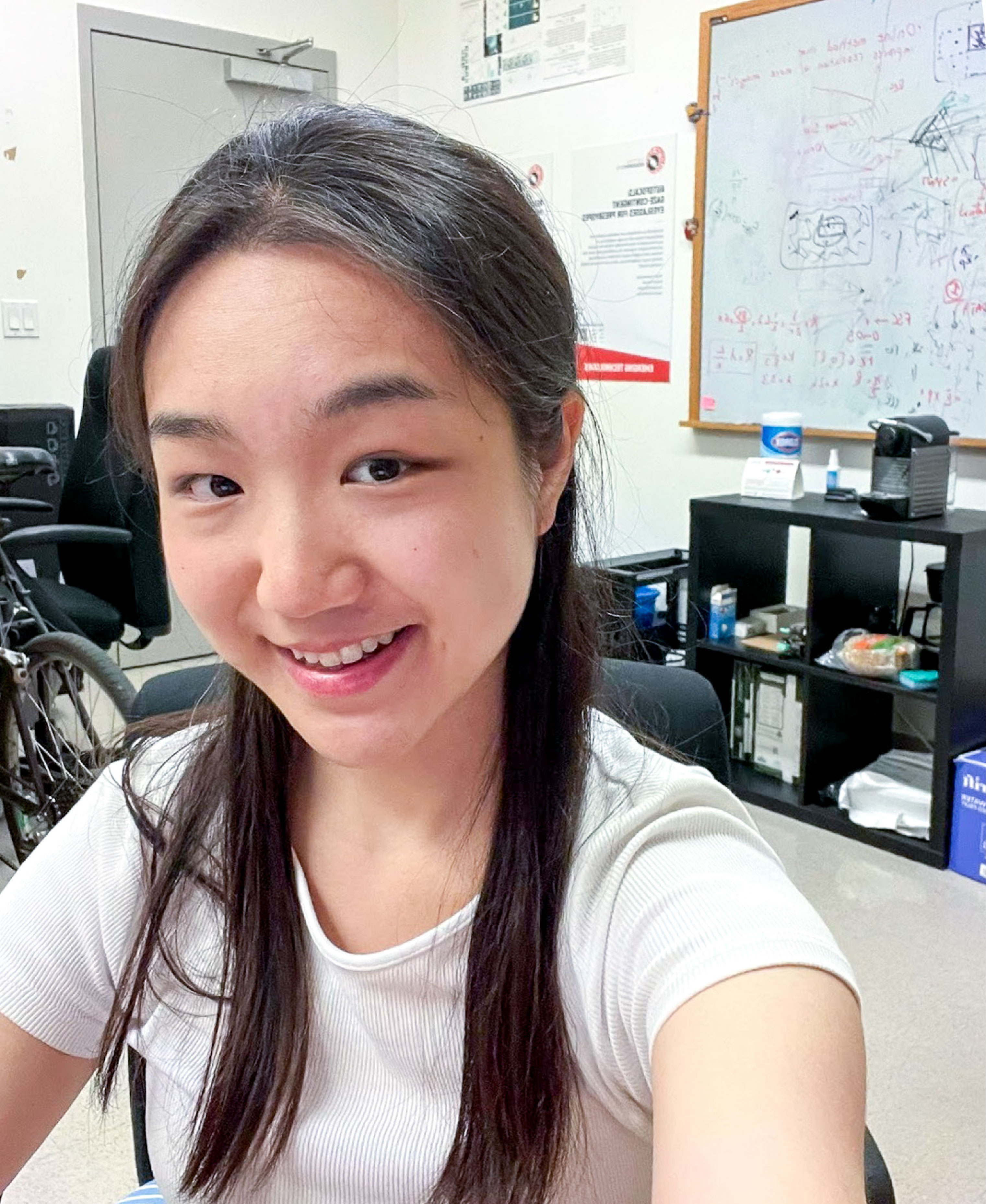
Hu Tiansheng ’27, a Computer Science major with a passion for both coding and history, says his fascination with human language drew him to Assistant Professor of Computer Science Zhao Chen’s research group, where he began working on NLP projects. Starting with data annotation and baseline implementation, after a year, he is getting more mature in research. “Now I’m leading a challenging research project on my own,” he says, “it just feels good!”
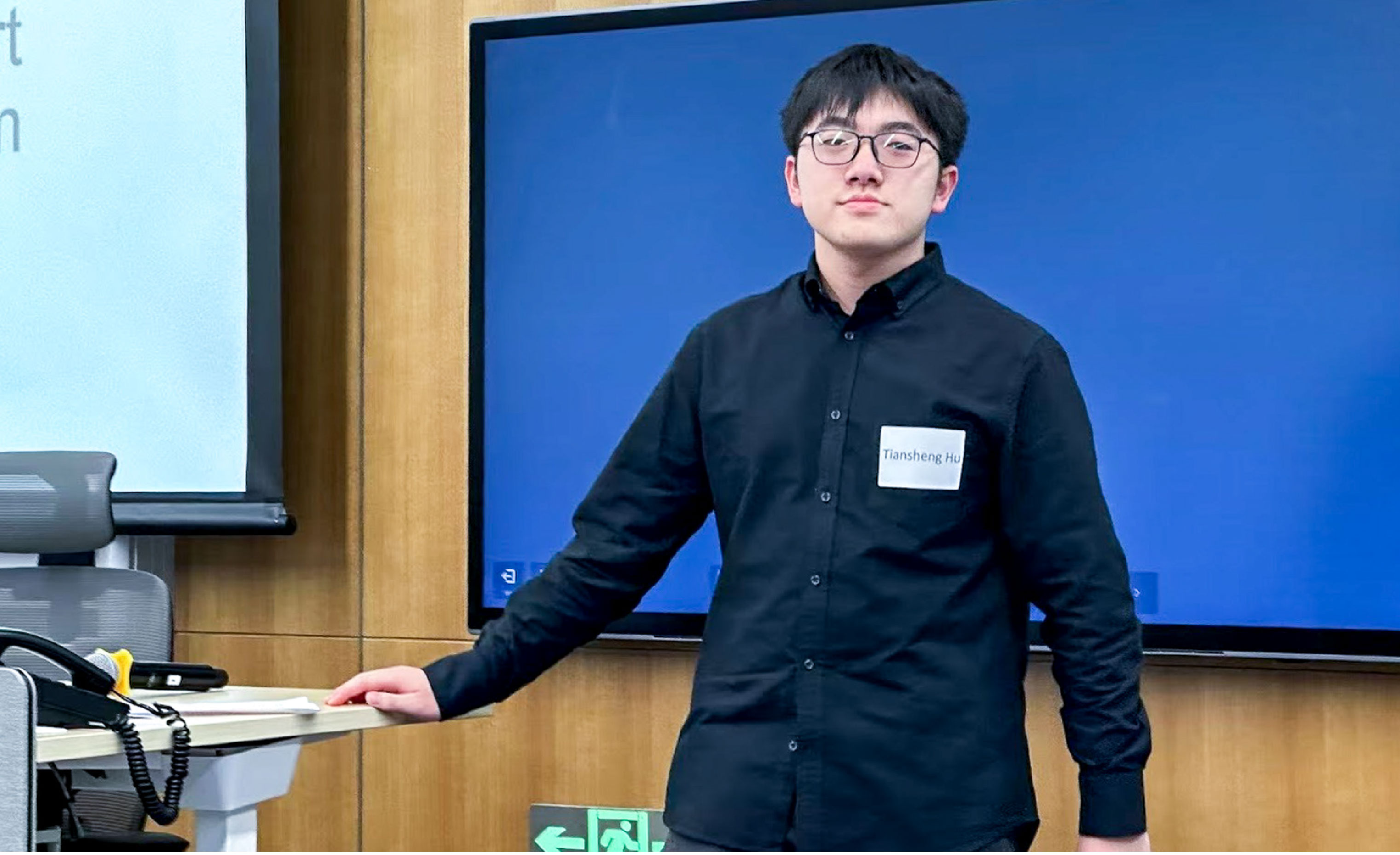
But students also realize that research isn’t as straightforward as coursework. Feng Kaiyue ’26 learned that lesson early on. “Coming up with a ‘good idea’ is hard,” he says. “Sometimes the initial result proves that you are wrong. The real reward isn’t success—it’s in realizing how much you still don’t know.”
That spirit of discovery is exactly what NYU Shanghai professors see as an essential part of the student journey. Assistant Professor Tan Qiaoyu believes that research is as much about persistence as it is about results. “Most papers don’t get accepted on the first try,” he explains. “Revision and resubmission are part of the process. What matters most is learning how to keep improving and thinking critically.”
Mathematics and Data Science Assistant Professor Mathieu Laurière says his students have seen the value of that process. “When our paper on reinforcement learning was declined by a conference, the reviewers recognized the quality of the work and provided constructive feedback that helped us refine the paper and strengthen its contributions,” he said. “After careful revisions, the paper was accepted by another conference that is a better fit for the topic.”
Coping with Uncertainty
Learning to cope with uncertainty is one of the most valuable lessons student researchers have taken away from their research journey. “It’s not just about courage,” says Tiansheng. “You need to be mentally stable. You’ll face more rejections than rewards at first.” He had a paper that was initially rejected before eventually being accepted to EMNLP.
Support from peers plays a crucial role in maintaining a positive outlook and learning best practices. Sheng Xinyue ’26 found a mentor in NYU Shanghai alumna Zhang Qihai ’24. “She taught me how to present ideas clearly and logically,” she says. For others, like Linxi, “research support groups” provide a space to share frustrations and celebrate progress together.
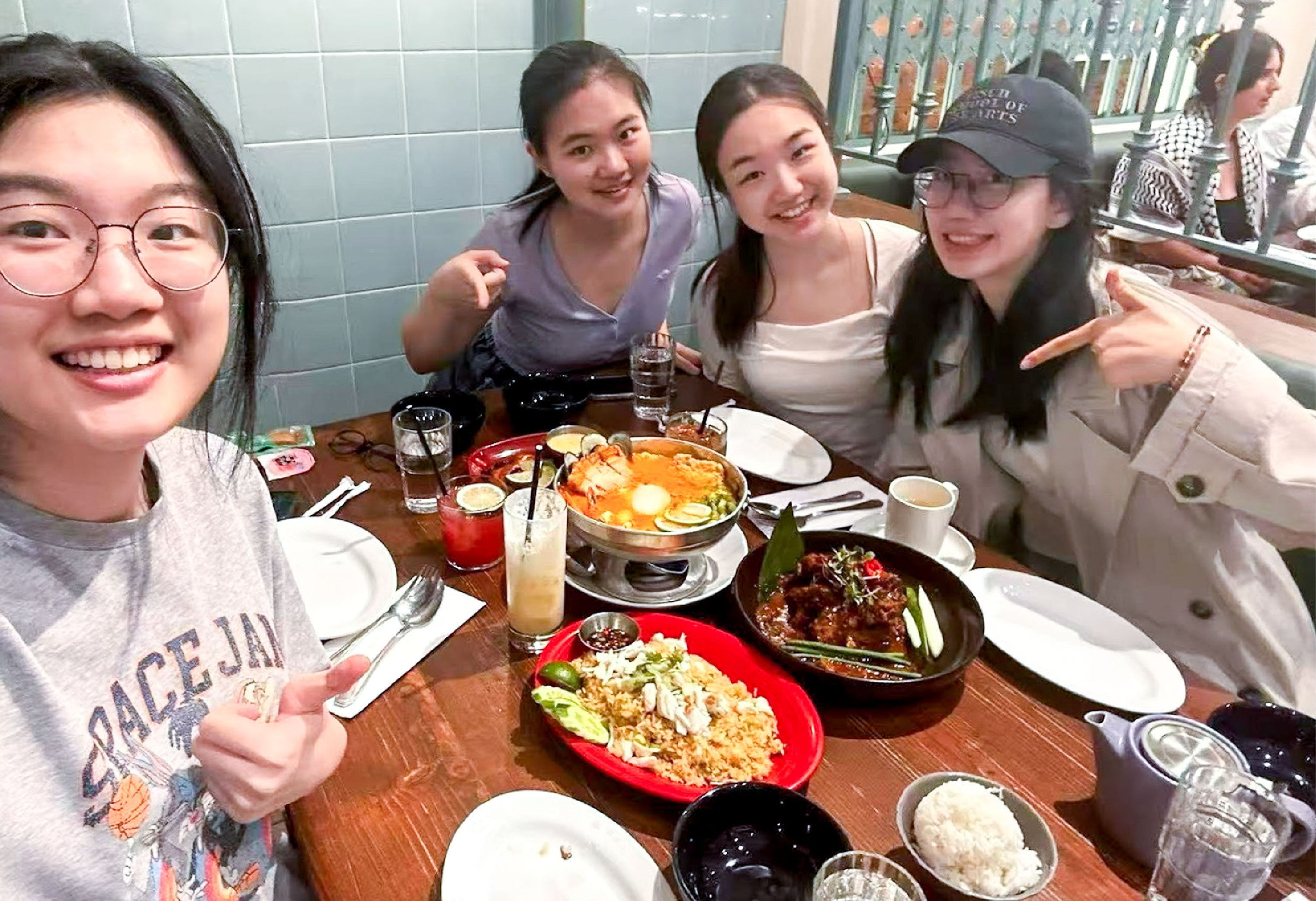
Coursework Comes First
For many student researchers, the value of research lies more in the journey itself, not publication alone. “You can’t do everything at once,” says Tiansheng. “Make choices.”
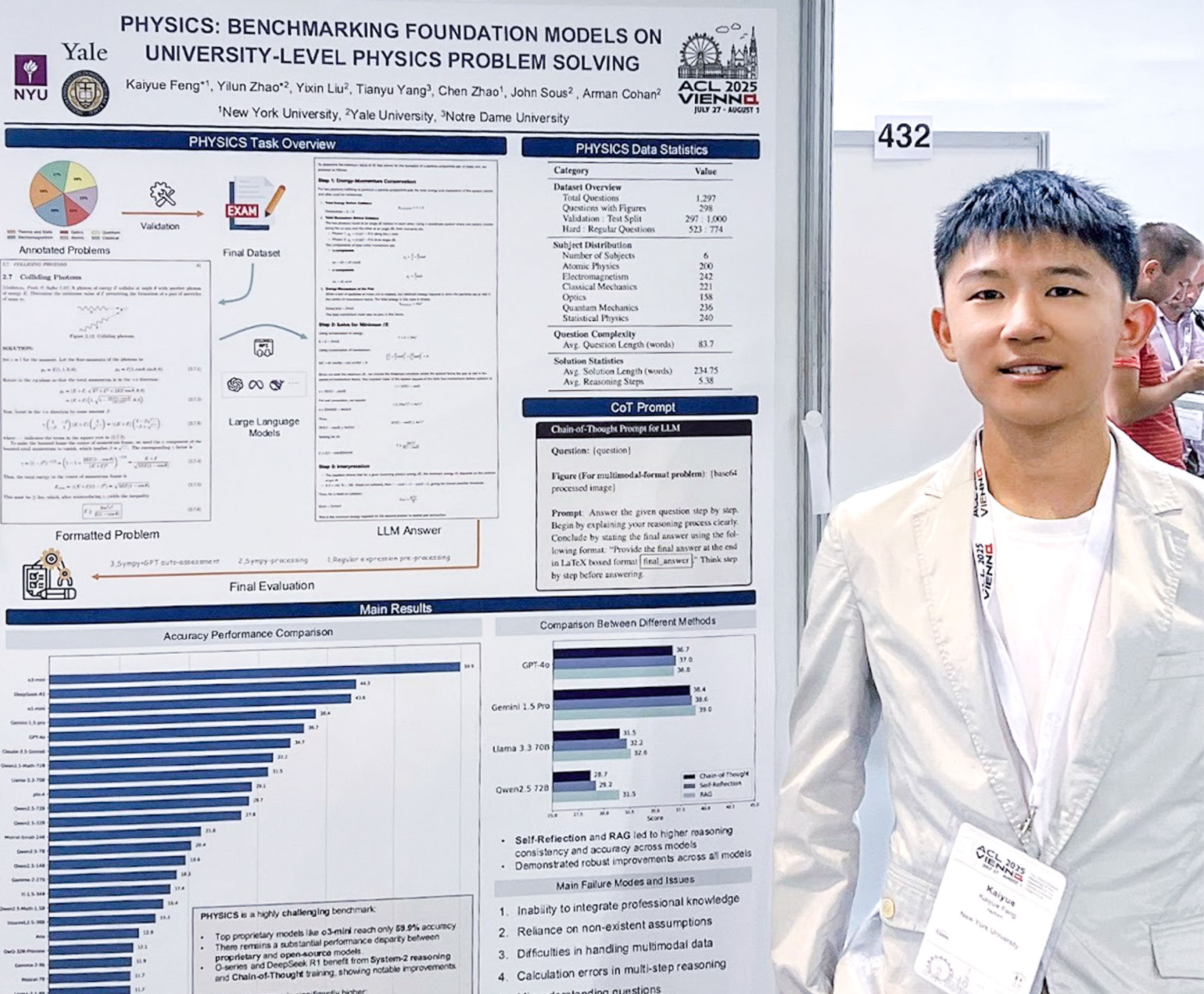
“In exams, success means getting the right answer. However there’s no clear measure for research progress,” says Linxi. “A rejection doesn’t make your effort meaningless.” Kaiyue adds, “you’re exploring the unknown during the research journey.”
Professors also emphasize that coursework should serve as the foundation for student research. “Without a strong foundation, you’ll spend more time catching up later,” says Professor Zhao. Professor Laurière agrees: “Research should follow solid coursework. Advanced classes help build the confidence and efficiency needed to do meaningful research.”
Professor Zhao also mentions that final projects in advanced courses are indeed great research opportunities: “Treat them seriously and you’ll discover whether you enjoy the process.”
Ultimately, the goal isn’t to make everyone love research, but to help them understand themselves. “Excellence has many forms,” Zhao says. “Coding contests like ICPC, robotic matches etc, are all valuable.”
While student researchers can take pride in their publications, that’s not the main point, says Professor Zhao. “They’re not role models because they’ve published,” he explains. “They’re role models because they’ve learned to enjoy the journey.”

